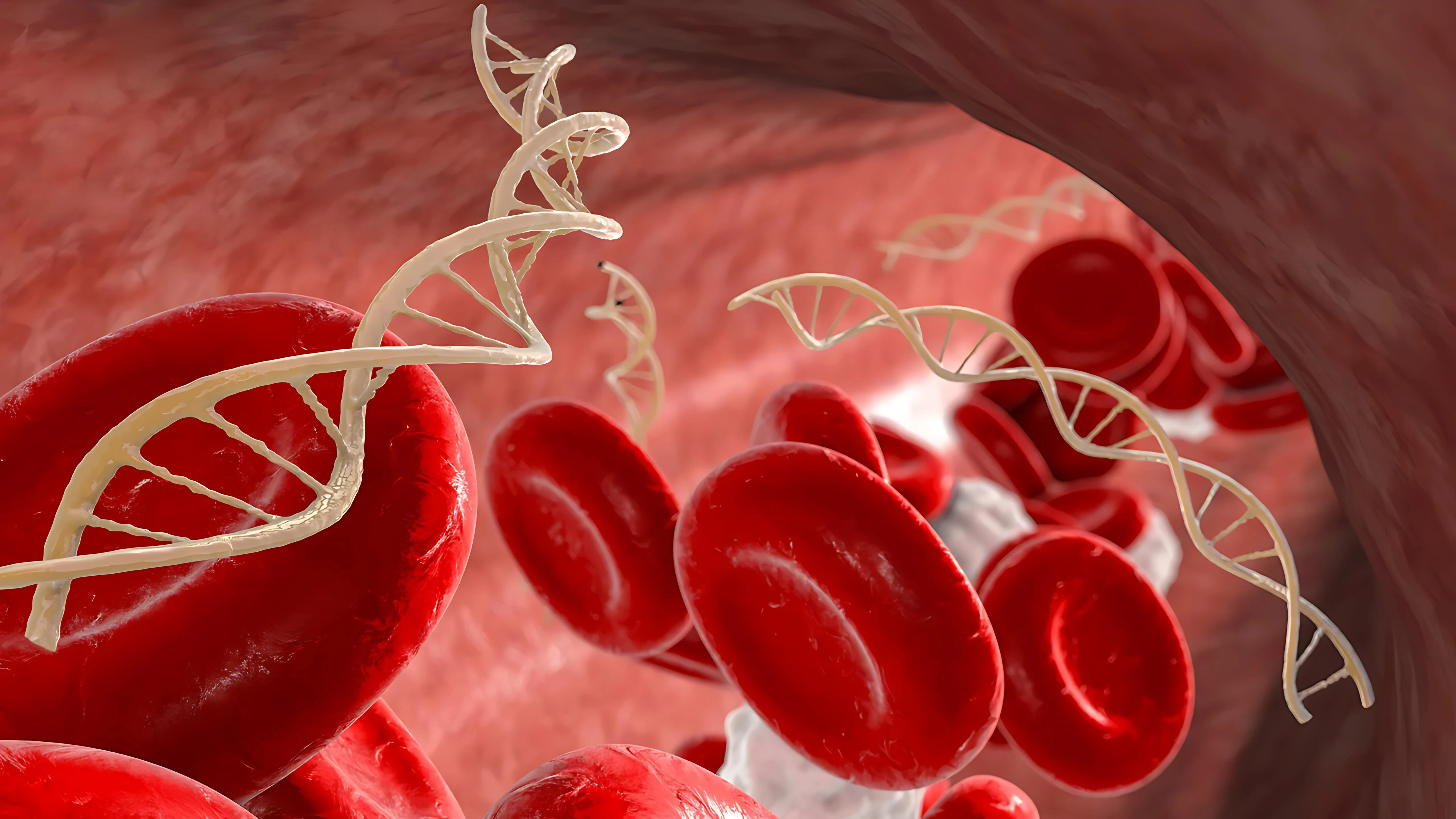Boston: Children exposed to “forever chemicals” in the womb may face higher blood pressure as teenagers, according to a new study published in the Journal of the American Heart Association and presented at the Society for Epidemiologic Research Conference.
Johns Hopkins Bloomberg School of Public Health researchers studied 1,094 children from the Boston Birth Cohort over 12 years, analyzing over 13,000 blood pressure readings.
They found that prenatal exposure to per- and polyfluoroalkyl substances (PFAS)—synthetic chemicals found in water, food packaging, and household products—was linked to elevated blood pressure in adolescence, particularly among boys and children born to non-Hispanic Black mothers.
Specific PFAS types, such as PFDA and PFNA, were associated with an 8% increased risk of elevated blood pressure.
While some chemicals appeared to lower early childhood diastolic pressure, these effects did not persist into adolescence. Researchers warn that PFAS can disrupt hormone development and contribute to long-term cardiovascular risk.
Experts, including Harvard and Baylor cardiologists, call for stronger policies to limit PFAS exposure, as individual actions like filtering water or avoiding certain products offer only partial protection. The study highlights the long-term impact of prenatal toxic exposure and underscores the need for urgent regulatory reform.








